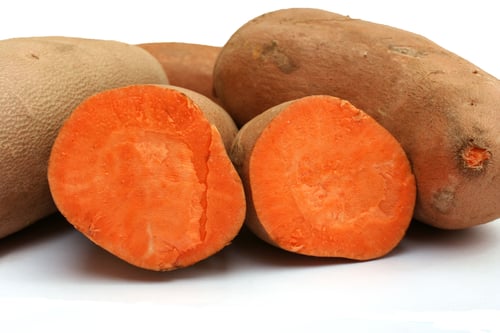
Over the last 30 years, yoga has become increasingly popular in the United States. People do yoga exercises not only for the physical benefits but also the mental and emotional benefits as well. Yoga connects the mind and body through focus and balance. It's generally safe and most people can do it regardless of their fitness level. Yoga has been further popularized by the celebrities who practice it. Woody Harrelson, Jessica Biel, Ashley Tisdale and Madonna are among the list of celebrities that have been known to practice yoga.
There are about as many styles of yoga as there are flavors of ice cream. There’s hot yoga, Kundalini yoga, and even prenatal yoga, to name a few. There is even a style of yoga native to China. This Chinese yoga is qigong.
Qigong means “Life Energy Cultivation”. The people of China practiced qigong for over 4,000 years and it is an integral part of Chinese medicine as well as Chinese martial arts. According to tradition, daily practice of qigong prolongs life and improves vitality. Many illnesses can be treated, or avoided altogether with regular practice of qigong and the exercises are simple enough that most people can learn them regardless of their fitness level.
Qigong practice has three main components. These are sometimes referred to as the three regulations. The first is the regulation of breathing. By focusing on breathing, the practitioner of qigong begins to turn their gaze inward, letting go of external distractions. Deep slow breathing can slow the heart rate, producing a calming effect.
The second regulation is regulation of the mind. Regulating the breath helps to regulate the mind because it is a point of focus for the practitioner of qigong. This aspect of qigong is about focusing mental energy and blocking out distractions. The attention of the mind shifts to an area in the abdomen, near the umbilicus. This area is known as the lower dantian.
The third regulation is the regulation of the body. This involves becoming more aware of the body. Wherever the muscles are tense - focus on relaxing them. Most people are not aware of the physical manifestations of stress that they carry around with them on a daily basis. Tense muscles can hinder the flow of qi and blood. Positioning yourself in a good posture and relaxing the body can improve your body's energy flow.
Some forms of qigong are more dynamic than others. Some use complex movements and postures, while others elicit perfect stillness. There are many varieties of Chinese yoga, or qigong. Yet, just as the differences in styles of yoga that originate in India, the benefits are all the same.
*Qigong is taught as part of the curriculum of our Master's program at AOMA:



